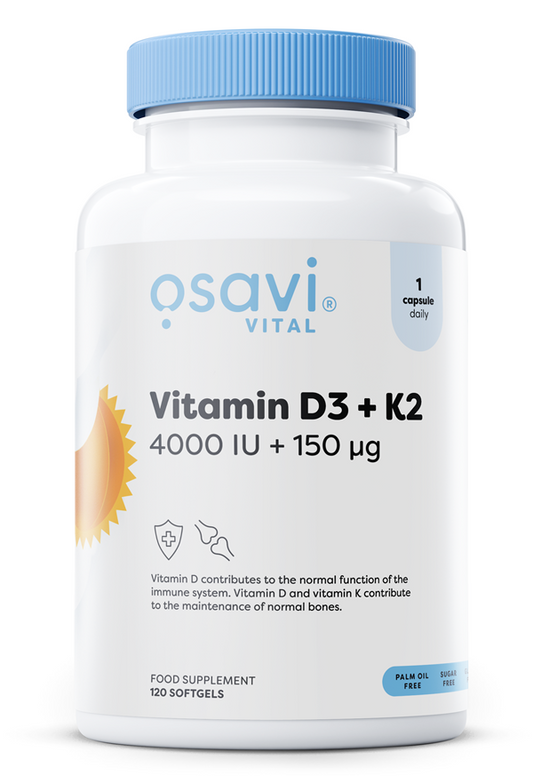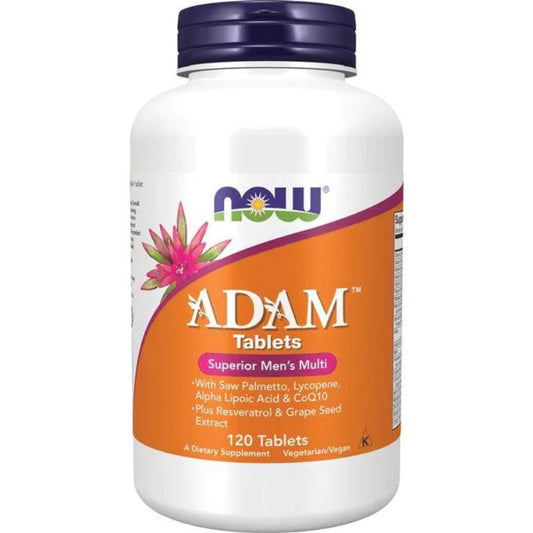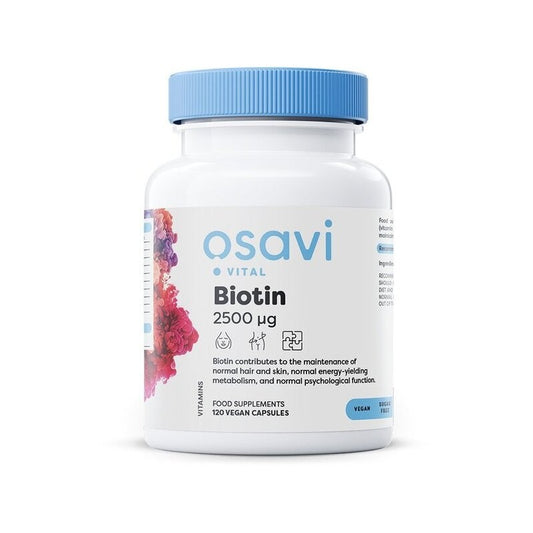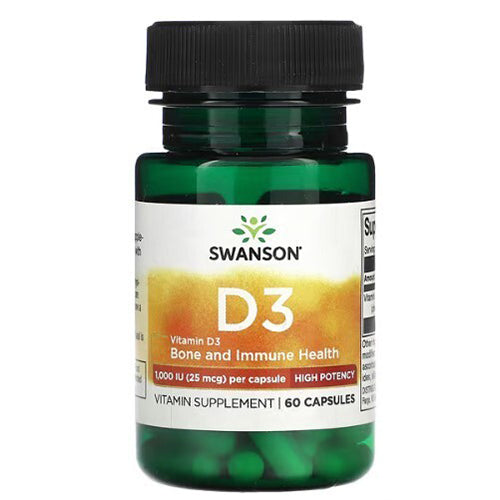
Zinc: Essential Mineral for Immune Support and Overall Wellness
Jakub SkibaWhen people think about nutrients that help the body stay strong and balanced, zinc might not be the first mineral that comes to mind—but it plays an incredibly important role in everyday wellbeing. Zinc contributes to over 300 enzymatic functions in the body, supporting processes related to immunity, cell renewal, protein synthesis, and skin maintenance. Even though it’s needed only in small amounts, zinc is vital for keeping your body’s natural systems functioning effectively.
Your body uses zinc for tissue development, energy metabolism, and maintaining healthy skin and hair. It also helps enzymes work properly and supports the body’s natural ability to adapt to daily stress. Because the body doesn’t store zinc in large quantities, it’s important to include zinc-rich foods in your diet on a regular basis.
In this guide, you’ll learn what zinc is, why it’s important, how much you may need each day, the best food sources, and when supplements might be considered as part of a balanced approach to nutrition.
What Is Zinc? Understanding This Essential Trace Mineral
Zinc is a trace mineral, meaning it’s required in small amounts but is essential for health. It acts as a catalyst, structural, and regulatory element in hundreds of enzyme systems. Zinc is found throughout the body, especially in muscles, bones, skin, and the liver.
Since the human body cannot produce or store zinc efficiently, it must be obtained regularly through food or supplements to help maintain optimal levels.
Why Zinc Matters: Main Roles and Everyday Benefits
Zinc is a key nutrient that supports normal immune system function, cellular growth, and overall vitality. Here are some of its main roles:
-
Immune Function: Helps maintain the body’s natural defenses and supports skin and barrier integrity.
-
Skin and Tissue Support: Contributes to the maintenance of normal skin and assists with tissue renewal.
-
Enzyme Function: Participates in hundreds of enzymatic reactions that influence metabolism, digestion, and nerve activity.
-
Cell Growth and DNA Synthesis: Supports the process of cell division and growth, especially during life stages of rapid development.
-
Antioxidant Support: Helps protect cells from oxidative stress as part of the body’s natural defense system.
Getting enough zinc each day helps keep these essential processes working smoothly.
Recommended Daily Zinc Intake
Your zinc needs depend on age, sex, and life stage. Below are general daily intake recommendations (in milligrams per day):
|
Age Group |
Recommended Daily Intake (mg/day) |
|
1–3 years |
3 mg |
|
4–8 years |
5 mg |
|
9–13 years |
8 mg |
|
Boys 14–18 years |
11 mg |
|
Girls 14–18 years |
9 mg |
|
Men 19+ years |
11 mg |
|
Women 19+ years |
8 mg |
|
Pregnant Teens |
12 mg |
|
Pregnant Adults |
11 mg |
|
Lactating Teens |
13 mg |
|
Lactating Adults |
12 mg |
Note: Some plant-based foods contain compounds called phytates that can reduce zinc absorption. Soaking or sprouting legumes and grains can help improve zinc bioavailability.
Top Food Sources of Zinc
You can get zinc naturally from a variety of foods. Incorporating both animal and plant-based sources helps you meet your daily needs.
-
Animal Sources: Oysters are especially rich in zinc. Other sources include beef, chicken, turkey, and crab.
-
Plant-Based Sources: Legumes (chickpeas, lentils, beans), nuts (cashews, almonds), and seeds (pumpkin, hemp, sesame) provide zinc, though in smaller amounts.
-
Fortified Foods: Many cereals, plant-based milks, and nutrition bars are fortified with zinc.
-
Dairy and Eggs: These foods supply moderate amounts and can enhance zinc absorption when eaten with plant-based foods.
Eating a variety of zinc-containing foods ensures your body receives steady nutritional support.
When to Consider Zinc Supplements
Most people can meet their zinc needs through food alone, but supplements may be helpful for those who have dietary restrictions or increased nutritional requirements.
Common Forms of Zinc Supplements
-
Zinc Gluconate: Well-tolerated and commonly used in general wellness supplements.
-
Zinc Picolinate: Known for good absorption and bioavailability.
-
Zinc Citrate: Easily absorbed and gentle on the stomach.
-
Zinc Sulfate: A cost-effective option, best taken with food.
Before starting any supplement, it’s best to talk to a healthcare provider to determine your personal needs. Avoid exceeding the upper limit of 40 mg of zinc per day from supplements and fortified foods unless otherwise directed by a professional.
Key Takeaways:
-
Aim for 8–11 mg of zinc daily, depending on age and dietary needs.
-
Include zinc-rich foods like seafood, nuts, seeds, and legumes in your diet.
-
Consider supplementation if your diet lacks zinc or under professional guidance.
-
Support your body’s natural resilience and vitality with balanced nutrition.










